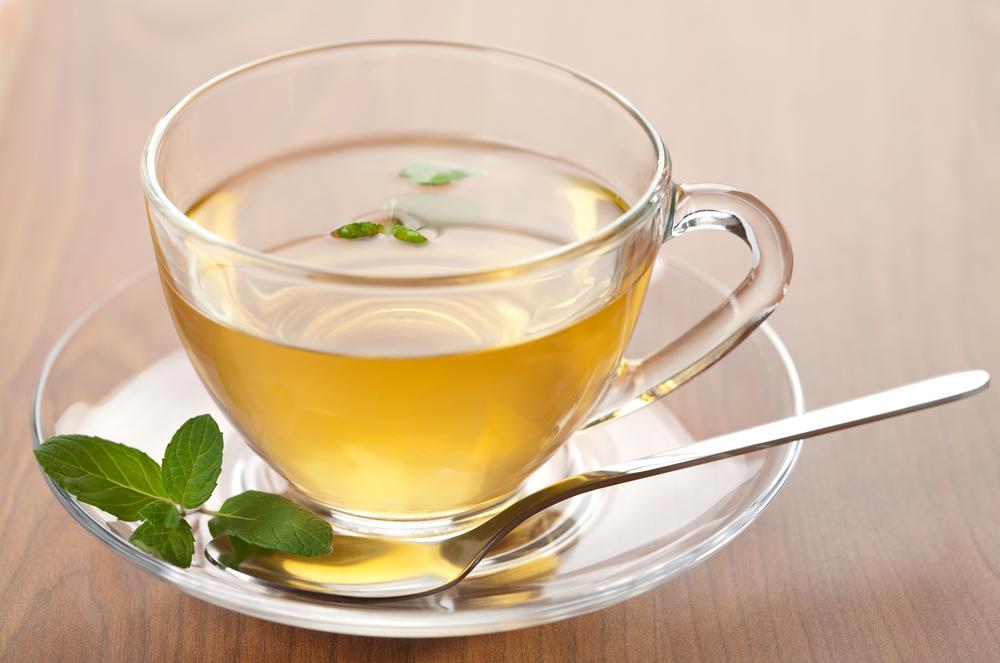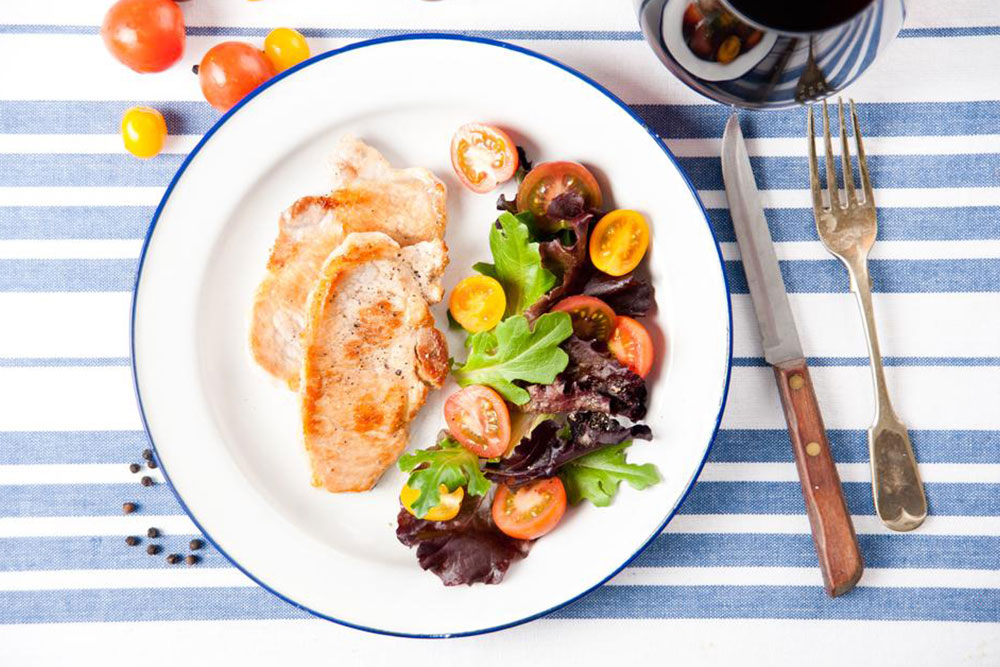Smart Nutrition Tips to Prevent Gout Flare-Ups
Discover effective dietary strategies to manage gout by incorporating low-purine foods. Focus on nuts, whole grains, legumes, fruits, and green vegetables to reduce uric acid levels and prevent flare-ups. Avoid high-purine foods like organ meats and certain fish, along with sugary and processed items, for better joint health and pain relief.

Nutrition Strategies for Managing Gout Symptoms
Gout is a type of arthritis that can affect anyone, regardless of gender. It causes severe joint pain, swelling, and redness, typically in the big toe, but also in knees, elbows, and fingers. The main culprit is excess uric acid forming crystals in the joints. Managing your diet is crucial to prevent flare-ups and ease discomfort. Focus on incorporating low-purine, nutrient-rich foods into your meals to support joint health and reduce uric acid levels.
Here are some recommended superfoods for gout management.
Key Superfoods for Gout Control
Including certain foods in your diet can play a significant role in controlling gout symptoms. These choices are low in purines, helping lower uric acid levels while providing essential nutrients. Consider adding these to your meals:
Nuts
Most nuts are excellent for gout, offering vital vitamins and minerals that support joint health and tissue repair over time.
Whole grains
Foods like brown rice, oats, and barley are high in fiber, aiding digestion and supplying important nutrients for overall health.
Legumes
Includes soybeans, lentils, tofu, and other beans, which help reduce inflammation and alleviate joint pain.
Fruits
Cherries and other fruits are beneficial for lowering inflammation and uric acid, potentially reducing gout attacks.
Green vegetables
leafy greens contain minerals and vitamins that boost body strength, support metabolism, and prevent uric acid buildup, decreasing flare-ups.
Limit foods high in purines and fructose, such as organ meats like liver, kidney, and brain, and fatty fish like herring, trout, haddock, tuna, and anchovies. Also, avoid yeast, sugary foods, sodas, honey, corn syrup, and refined carbs like cakes and cookies, as these can raise uric acid levels without any dietary benefit.


